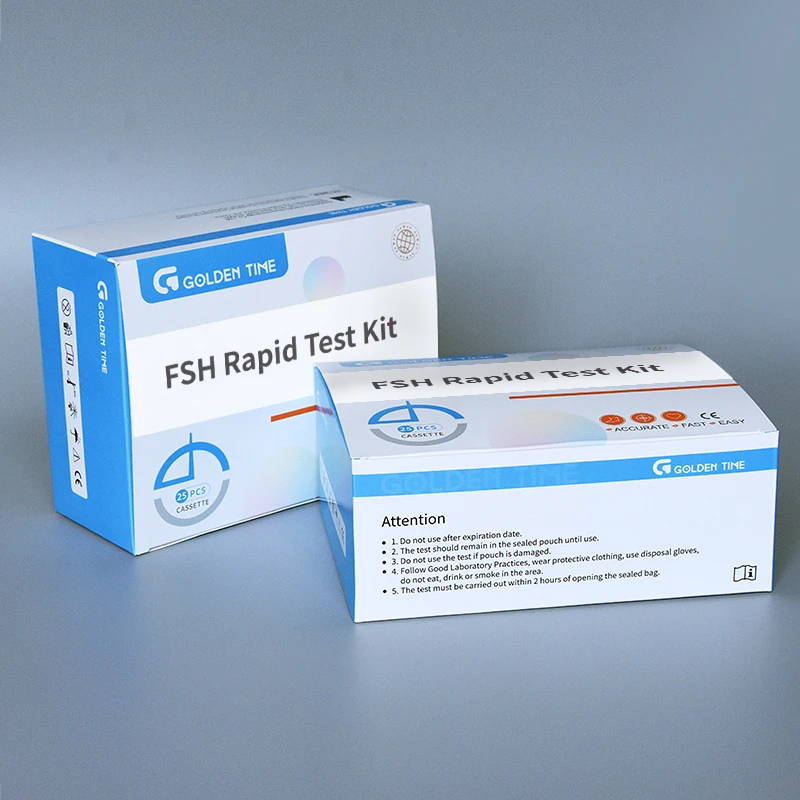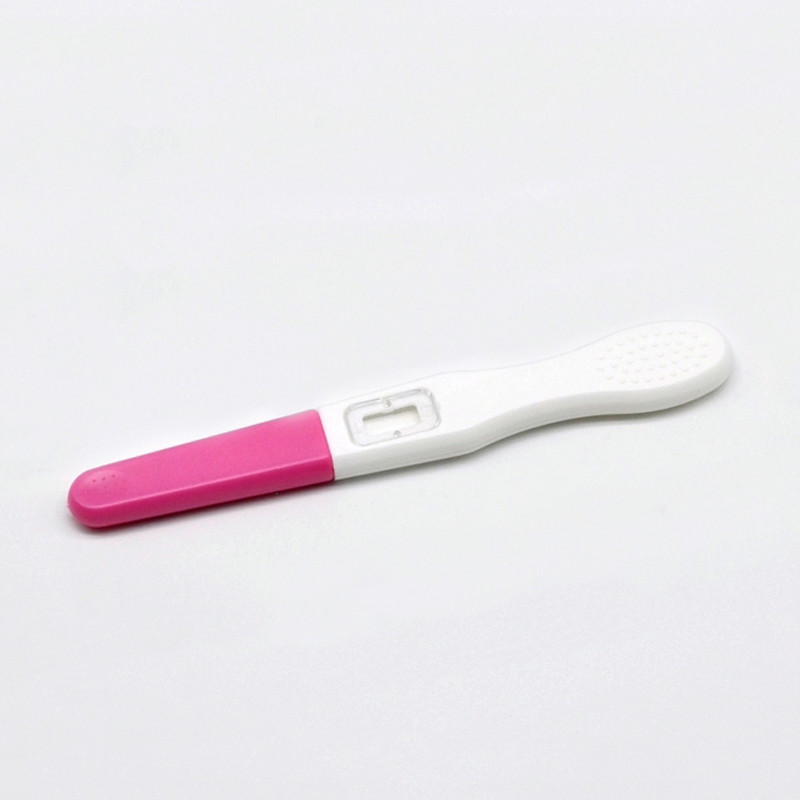
More Language
Untranslated
Feb . 13, 2025 18:48 Back to list
COVID-19 (SARS-CoV-2) Antigen Test Kit
Rapid antigen tests for COVID-19 have increasingly become a staple in both personal and professional healthcare protocols, offering a quick and reliable method for detecting the virus. Leveraging remarkable advances in technology, these tests have empowered countless individuals to make informed decisions regarding their health and safety. Here, we delve into the intricacies of COVID-19 antigen test accuracy and examine what truly influences its effectiveness.
Despite the seasonal success of antigen tests, it is essential to note their inherent limitations. While highly effective at detecting active infections, these tests generally have lower sensitivity compared to PCR tests. Thus, they might not identify all positive cases, particularly in asymptomatic individuals or those tested too early or late in the infection. It is recommended that when individuals receive a negative test yet continue to experience symptoms, they seek out additional testing or confirmatory PCR testing—especially in high-risk situations. Precision in manufacturing and continual improvements in testing technology have been paramount in addressing these limitations. Developers of antigen tests undertake rigorous evaluations and quality controls to ensure reliability and performance consistency. As these technological advancements persist, we can expect newer generations of tests to continuously improve in accuracy and dependability. In conclusion, the accuracy of COVID-19 antigen tests harmonizes speed with precision, provided they are utilized correctly and under optimal conditions. In the toolbox of pandemic management, they serve as an indispensable asset, offering immediate insights that contribute to informed public health decisions. As ongoing research further augments these tests' proficiency, they will undoubtedly continue to play a critical role in controlling COVID-19 transmission and safeguarding community health.


Despite the seasonal success of antigen tests, it is essential to note their inherent limitations. While highly effective at detecting active infections, these tests generally have lower sensitivity compared to PCR tests. Thus, they might not identify all positive cases, particularly in asymptomatic individuals or those tested too early or late in the infection. It is recommended that when individuals receive a negative test yet continue to experience symptoms, they seek out additional testing or confirmatory PCR testing—especially in high-risk situations. Precision in manufacturing and continual improvements in testing technology have been paramount in addressing these limitations. Developers of antigen tests undertake rigorous evaluations and quality controls to ensure reliability and performance consistency. As these technological advancements persist, we can expect newer generations of tests to continuously improve in accuracy and dependability. In conclusion, the accuracy of COVID-19 antigen tests harmonizes speed with precision, provided they are utilized correctly and under optimal conditions. In the toolbox of pandemic management, they serve as an indispensable asset, offering immediate insights that contribute to informed public health decisions. As ongoing research further augments these tests' proficiency, they will undoubtedly continue to play a critical role in controlling COVID-19 transmission and safeguarding community health.
Latest news
-
Rapid Influenza A/B Antigen Test Kit | Fast & Accurate Diagnostic Solution
NewsJul.20,2025
-
Dengue NS1 Rapid Diagnostic Test Kit
NewsMar.07,2025
-
Dengue NS1 Rapid Diagnostic Test Kit
NewsMar.07,2025
-
Dengue NS1 Rapid Diagnostic Test Kit
NewsMar.07,2025
-
Transferrin Rapid Test Cassette Tumor Marker TF Card
NewsMar.07,2025
-
Malaria Pf Pan Rapid Diagnostic Test Kit
NewsMar.07,2025
